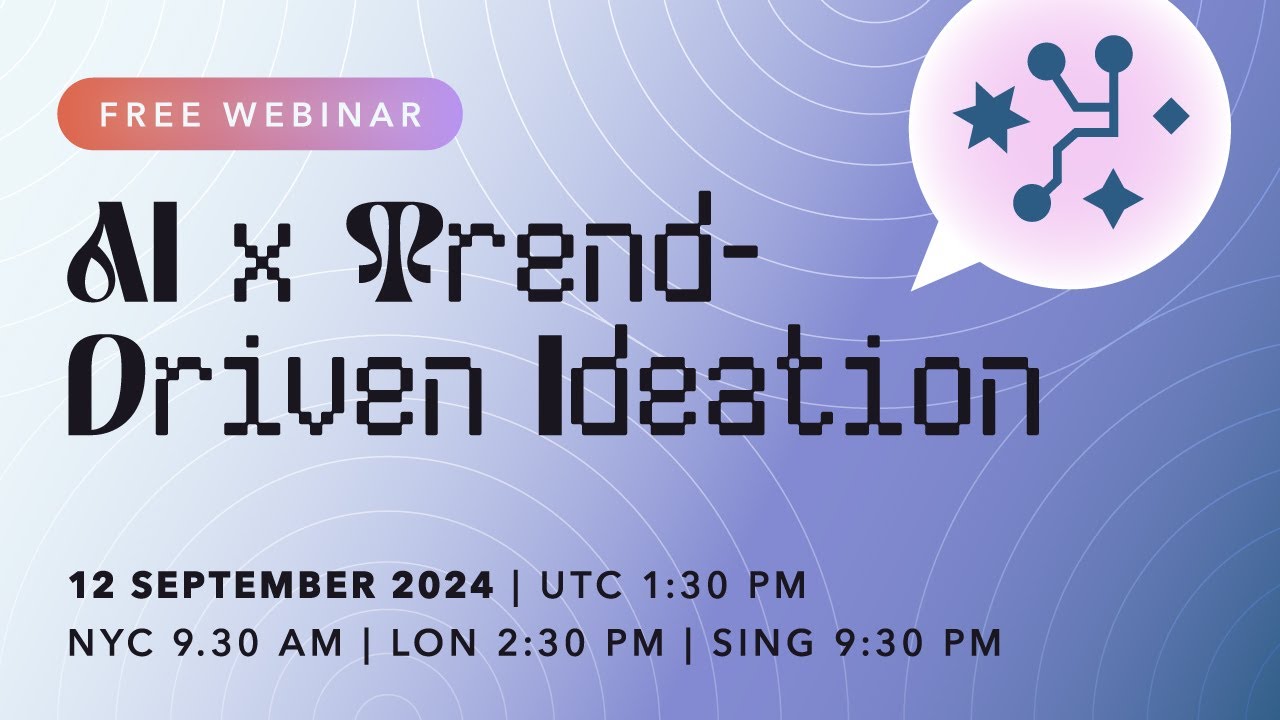How to use Artificial Intelligence in Mechanical Engineering - a detailed analysis in 10 min
Summary
TLDRThe integration of AI into mechanical engineering is revolutionizing design processes by enhancing efficiency, innovation, and sustainability. With tools like generative design and AI-powered simulations, engineers can now explore countless design iterations, optimize performance, and create more effective solutions. However, human oversight remains crucial, as AI-generated designs require validation and scrutiny to avoid errors. The future of mechanical engineering lies in a collaborative approach between human creativity and AI’s analytical power, fostering unprecedented advancements while ensuring ethical and responsible use of technology.
Takeaways
- 😀 AI is transforming mechanical engineering, enabling machines to learn from experience, optimize designs in real time, and push boundaries.
- 😀 The fusion of human ingenuity and AI in mechanical engineering is set to revolutionize design, offering smarter, more efficient, and sustainable solutions.
- 😀 AI tools like generative design and AI-powered simulation software allow engineers to explore vast design spaces and optimize designs before physical prototypes are built.
- 😀 Generative design tools enable AI to analyze thousands of design iterations, optimizing based on factors such as material strength, weight, and cost.
- 😀 AI-powered simulations can predict real-world conditions like stress, strain, and fluid dynamics, ensuring designs are optimized for performance.
- 😀 A systematic approach to using AI in design involves defining the problem, inputting data, generating and analyzing solutions, and validating the final design.
- 😀 Engineers must verify and validate AI-generated designs through simulations, calculations, and physical testing, ensuring the designs are practical, safe, and effective.
- 😀 Blind trust in AI can lead to failures, as seen in examples of bias in recruitment algorithms and misdiagnosis in medical AI tools.
- 😀 Best practices for leveraging AI responsibly include using comprehensive, unbiased data, ensuring human oversight, and implementing robust testing and validation procedures.
- 😀 The future of mechanical engineering lies in collaboration between AI and human engineers, combining AI’s data processing and pattern recognition capabilities with human creativity, intuition, and ethical judgment.
- 😀 Embracing AI in mechanical engineering offers immense opportunities, but it’s crucial to proceed with caution, balancing innovation with ethical and responsible use of the technology.
Q & A
What role does artificial intelligence (AI) play in mechanical engineering?
-AI plays a transformative role in mechanical engineering by automating tasks, optimizing designs, and enabling engineers to solve complex problems more efficiently. It allows for faster analysis of data, the identification of optimal design solutions, and the creation of innovative designs that would be difficult to achieve through traditional methods.
How does AI enhance the design process in mechanical engineering?
-AI enhances the design process by enabling engineers to use machine learning and deep learning algorithms to analyze vast amounts of data. These algorithms can explore a wide range of design iterations in seconds, identify patterns, and propose optimal solutions based on factors like material strength, weight, and cost.
What is generative design, and how does it work with AI?
-Generative design is a process where engineers input design goals and constraints into AI-powered tools. The AI then explores multiple design possibilities, evaluating each one based on performance criteria. It generates and refines iterations, ultimately identifying the most efficient designs without the need for manual intervention.
Why is human oversight crucial in AI-generated designs?
-Human oversight is essential because AI tools, while powerful, are not infallible. They can generate designs that are impractical, unsafe, or fail to meet the intended purpose. Engineers must verify and validate AI-generated designs using simulations, physical prototypes, and critical analysis to ensure safety and functionality.
What are some real-world examples of AI failures?
-One example of AI failure is a biased recruiting tool that favored male candidates due to historical data reflecting gender imbalances. Another instance involves an AI medical diagnosis system that misdiagnosed skin cancer because it struggled to adapt to the complexities of real-world medical images.
What best practices should be followed when integrating AI into mechanical engineering?
-Best practices include ensuring that AI training data is comprehensive and unbiased, establishing clear accountability for AI-generated designs, implementing robust testing and validation procedures, and fostering a culture of continuous learning to stay updated on AI advancements.
How can AI-powered simulation software benefit mechanical engineers?
-AI-powered simulation software allows engineers to simulate real-world conditions like stress, strain, and fluid dynamics with high accuracy. This enables engineers to test designs virtually, identify weaknesses, and optimize performance before building physical prototypes, saving time and resources.
What industries benefit the most from AI in mechanical engineering?
-Industries such as aerospace, automotive, and robotics benefit significantly from AI in mechanical engineering. Even small improvements in efficiency or performance in these fields can have major implications, and AI helps optimize designs, reduce costs, and enhance innovation.
How does AI complement human creativity in engineering?
-AI complements human creativity by handling complex data analysis and optimization tasks, allowing engineers to focus on innovation, intuition, and ethical decision-making. The fusion of AI's computational power and human creativity leads to more efficient, sustainable, and cutting-edge designs.
What is the future of AI in mechanical engineering?
-The future of AI in mechanical engineering lies in fostering a collaborative approach where AI augments human capabilities. As AI continues to evolve, it will enable engineers to create smarter, more sustainable designs while working together with AI to solve pressing global challenges in a responsible and ethical manner.
Outlines

This section is available to paid users only. Please upgrade to access this part.
Upgrade NowMindmap

This section is available to paid users only. Please upgrade to access this part.
Upgrade NowKeywords

This section is available to paid users only. Please upgrade to access this part.
Upgrade NowHighlights

This section is available to paid users only. Please upgrade to access this part.
Upgrade NowTranscripts

This section is available to paid users only. Please upgrade to access this part.
Upgrade NowBrowse More Related Video
5.0 / 5 (0 votes)





